Microbes
-
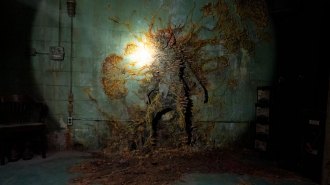 Life
LifeFungi don’t turn humans into zombies. But The Last of Us gets some science right
Fungi like those in the post-apocalyptic TV show are real. But humans’ body temperature and brain chemistry may protect us from zombifying fungi.
-
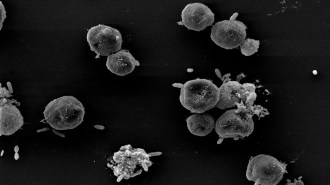 Microbes
MicrobesSome ‘friendly’ bacteria backstab their algal pals. Now we know why
The friendly relationship between Emiliana huxleyi and Roseobacter turns deadly when the bacteria get a whiff of the algae’s aging-related chemicals.
By Elise Cutts -
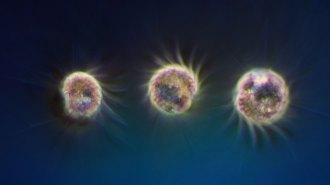 Microbes
MicrobesScientists have found the first known microbes that can eat only viruses
Lab experiments show that Halteria ciliates can chow down solely on viruses. Whether these “virovores” do the same in the wild is unclear.
-
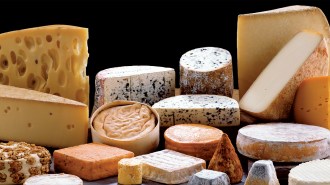 Microbes
MicrobesMeet some of the microbes that give cheeses flavor
Knowing which genus of bacteria is responsible for which flavor could open the door to new types of cheese.
-
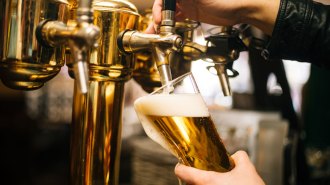 Microbes
MicrobesThe ancestor to modern brewing yeast has been found hiding in Ireland
Previously found in Patagonia and elsewhere, the brewing yeast Saccharomyces eubayanus has been found in Europe for the first time.
-
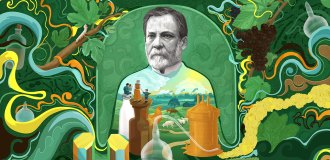 Health & Medicine
Health & MedicineLouis Pasteur’s devotion to truth transformed what we know about health and disease
Two centuries after his birth, Louis Pasteur's work on pasteurization, germ theory and vaccines is as relevant as ever.
-
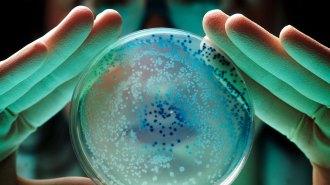 Health & Medicine
Health & MedicineHere’s how mysterious last-resort antibiotics kill bacteria
Scientists are finally getting a grip on how a class of last-resort antibiotics works — the drugs kill bacteria by crystallizing their membranes.
By Elise Cutts -
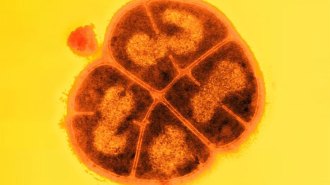 Microbes
MicrobesAncient bacteria could persist beneath Mars’ surface
Radiation-tolerant microbes might be able to survive beneath Mars’ surface for hundreds of millions of years, a new study suggests.
By Sid Perkins -
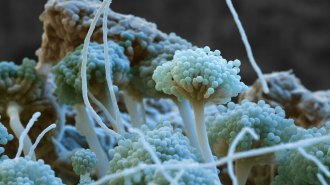 Microbes
MicrobesHow fungi make potent toxins that can contaminate food
Genetically engineering Aspergillus fungi to delete certain proteins stops the production of mycotoxins that can be dangerous to human health.
-
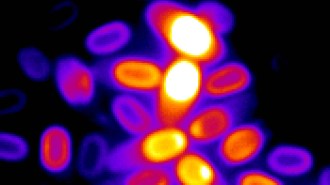 Microbes
MicrobesHow dormant bacteria spores sense when it’s time to come back to life
Bacterial cells shut down and become spores to survive harsh environments. An internal countdown signals when it’s safe for bacteria to revive.
-
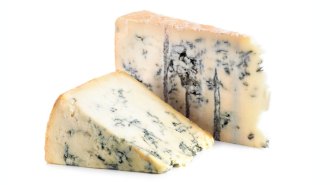 Microbes
MicrobesMeet the fungal friends and foes that surround us
Keith Seifert’s book The Hidden Kingdom of Fungi explores how microfungi shape our world.
-
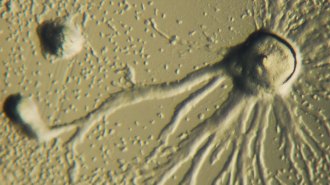 Health & Medicine
Health & MedicineTiny amoebas move faster when carrying cargo than without
A new study of the carrying capacity of single-celled amoebas may help scientists develop mini “trucks” to precisely target disease in the human body.